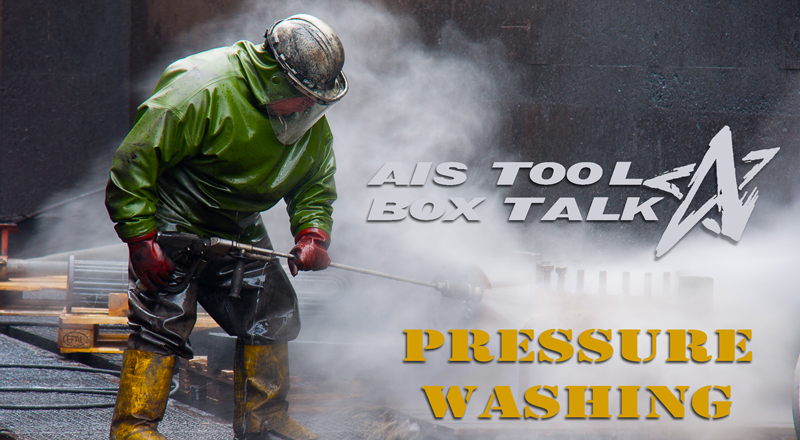|
Pressure washers speed up cleaning projects on work sites and at home. But with water delivered at pressures up to 4,000 pounds per square inch, pressure washers can also be dangerous. Understanding the hazards associated with high-pressure washing is the first step to preventing them. Be mindful of the following whenever you operate a pressure washer:
For more information on safely operating a pressure washer, check out these recommendations from the CDC and this safety alert from Consumer Reports. 6/17/2023 04:57:12 am
It made sense when you mentioned that a power washer is able to slice through solid materials. My friend wants to get their house pressure washed. I should advise her to hire an expert in the high pressure waterjet from a power washer is powerful enough to slice through solid materials to ensure their safety. Comments are closed.
|


7/22/2016